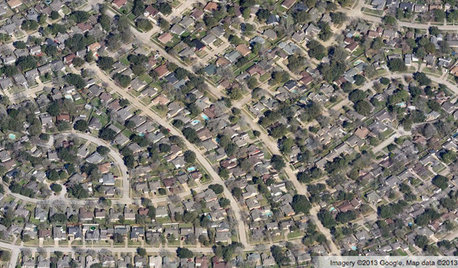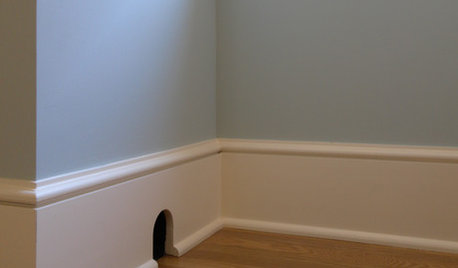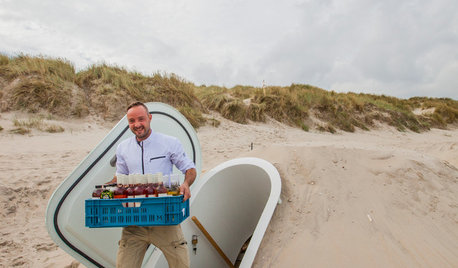Slightly OT: Image usage/stolen images
daogirl - SoCal Zone 9
10 years ago
Related Stories

WORKING WITH PROSHow to Hire an Architectural Photographer
Pro to pro: Great project photos can boost business. Get the details on finding the right photographer for your project
Full Story
SAVING WATER11 Ways to Save Water at Home
Whether you live in a drought-stricken area or just want to help preserve a precious resource, here are things you can do to use less water
Full Story
HOUZZ TOURSHouzz Tour: Modern, Ecofriendly Prefab in Seattle
Green materials and a connection with nature help this prefab house, and the family who lives there, tread lightly on the earth
Full Story
COMMUNITYGet a Bird's-Eye View of America's Housing Patterns
See the big picture of how suburban developments are changing the country's landscape, with aerial photos and ideas for the future
Full Story
BATHROOM DESIGNDream Spaces: Spa-Worthy Showers to Refresh the Senses
In these fantasy baths, open designs let in natural light and views, and intriguing materials create drama
Full Story
STANDARD MEASUREMENTSThe Right Dimensions for Your Porch
Depth, width, proportion and detailing all contribute to the comfort and functionality of this transitional space
Full Story
FUN HOUZZDon’t Be a Stickybeak — and Other Home-Related Lingo From Abroad
Need to hire a contractor or buy a certain piece of furniture in the U.K. or Australia? Keep this guide at hand
Full Story
FUN HOUZZThere's a Mouse in the House
No need for 'eek' and capture schemes. These mouse toys, decals and artistic renderings have all the trappings of cute
Full Story
COLORS OF THE YEARPantone Has Spoken: Rosy and Serene Are In for 2016
For the first time, the company chooses two hues as co-colors of the year
Full Story
GREEN BUILDINGThe Big Freeze: Inventors Break New Ground to Keep Things Cool
Old-fashioned fridges can be energy guzzlers, but there are more eco-friendly ways of keeping food fresh, as these global innovations show
Full StorySponsored
More Discussions




rox146
Loveplants2 8b Virginia Beach, Virginia
Related Discussions
Stolen Quilt from Exhibition
Q
OT- Regrets, I have a few. Do you?
Q
Christopher Peacock Cabinet knobs! (slightly OT)
Q
Slightly OT - any hints for speeding up tree stumps and root decay?
Q
daogirl - SoCal Zone 9Original Author
blooms4me2
rox146
Kimo
blooker
mksmth zone 7a Tulsa Oklahoma
daogirl - SoCal Zone 9Original Author
jandey1
rox146
mksmth zone 7a Tulsa Oklahoma
Loveplants2 8b Virginia Beach, Virginia
jandey1